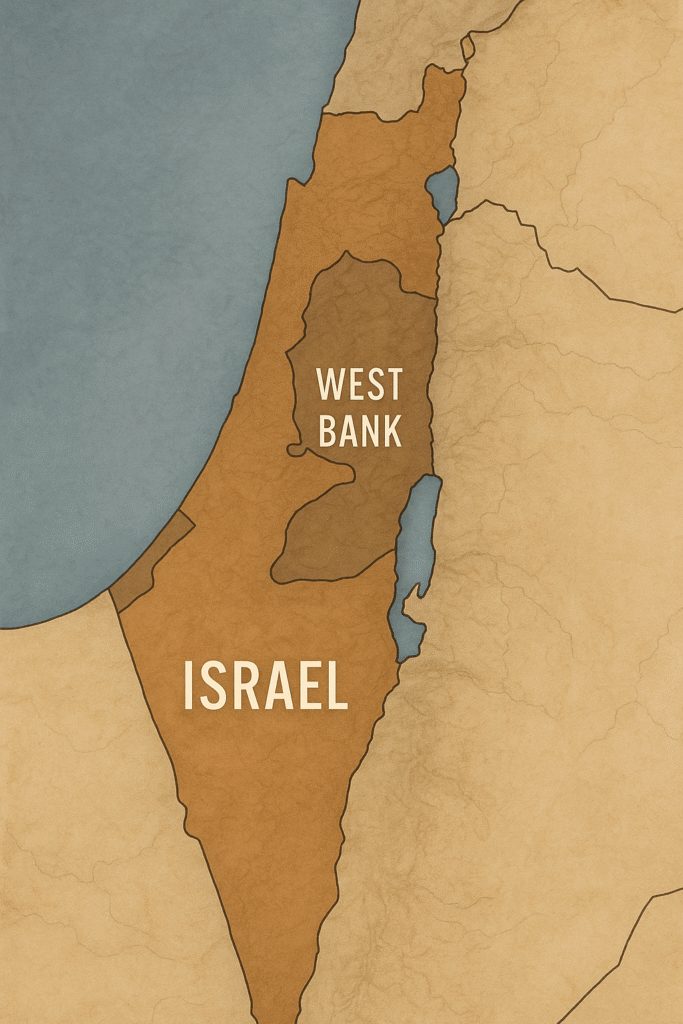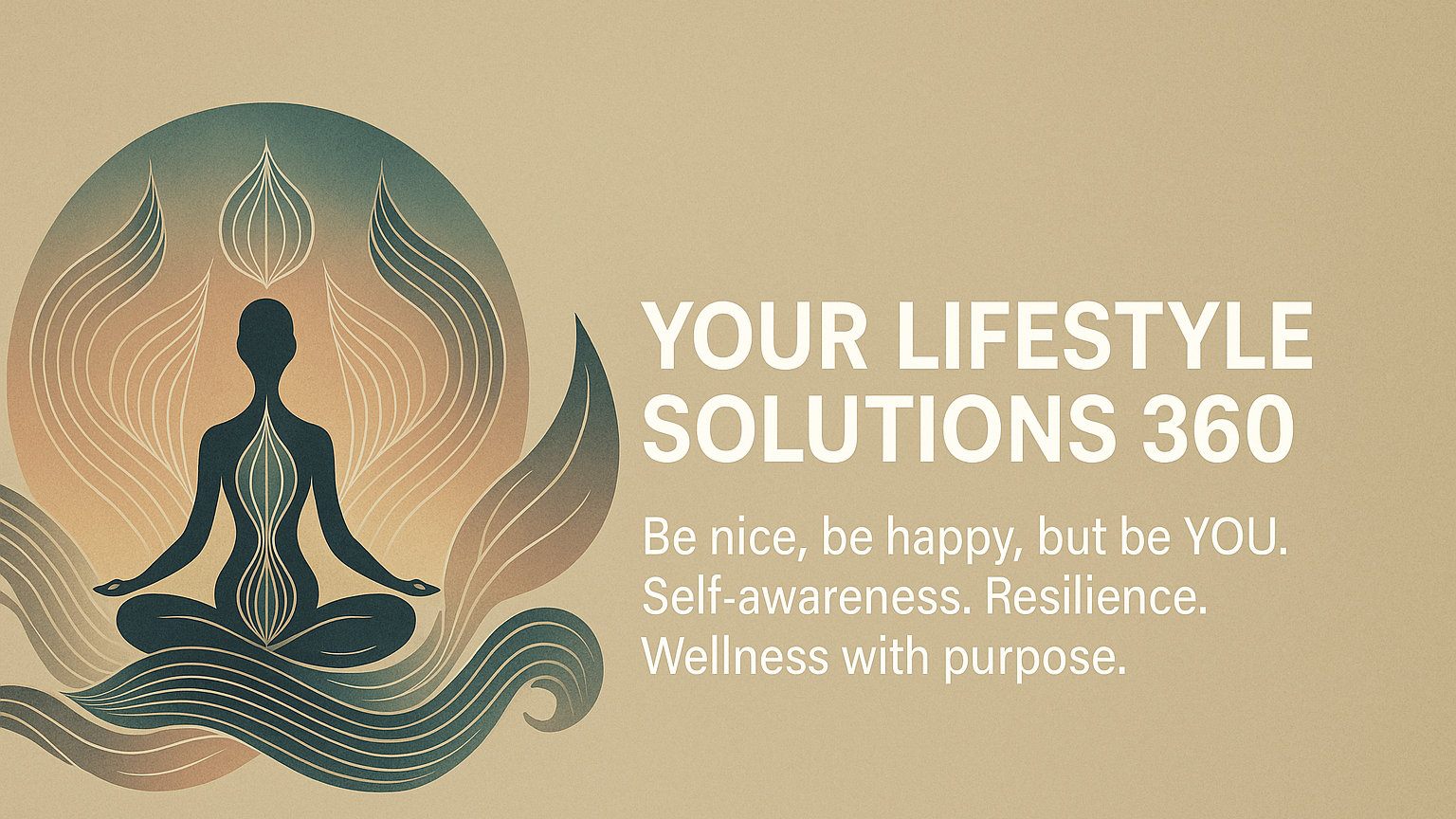
How Britain drew the borders, America armed the imbalance, and Israel turned its trauma into tyranny.
📖 Also published on Medium:
How Can a Nation Born from Oppression Become the Architect of Another’s?
Intro — A Consequential Question
What happens when the same world that once cried “Never again” becomes the architect of “Again and again”?
From London’s colonial maps to Washington’s military budgets, from Holocaust memory to occupation walls — the story of Palestine isn’t simply one of conflict.
It’s the anatomy of how power preserves itself: by dividing, disarming, and rewriting morality as policy.
I. The British Mandate: How Division Was Engineered
Under the British Mandate, Palestine was promised to multiple sides — Arabs, Jews, and the Empire itself.
Britain didn’t draw borders to create peace. It drew them to maintain control.
They armed one population, disarmed another, and called it “stability.”
When they finally withdrew in 1948, they left behind not governance, but a loaded gun — one side holding the trigger, the other holding a piece of paper called hope.
What the world remembers as “independence” was, for Palestinians, the beginning of erasure.
II. Divide and Conquer — An Ancient Strategy in Modern Form
Empires never die; they just change uniforms.
Rome ruled with legions. Britain ruled with maps. America rules with aid.
The tactic remains identical: divide those who could unite against you.
A fractured people cannot organize; a divided resistance cannot endure.
By splitting Palestinians into two administrations — Hamas in Gaza and the Palestinian Authority in the West Bank — external powers guaranteed paralysis.
Each claims legitimacy. Each is funded and pressured by foreign agendas.
And as they fight each other, Israel expands — settlement by settlement.
This isn’t chaos. It’s choreography.
III. The U.S. Inherits the Empire’s Crown
After Britain’s decline, the United States took the reins — not to liberate, but to leverage.
Palestine became a pawn in Cold War calculations and oil diplomacy.
Billions in aid turned Israel into a fortress-state armed with American jets and bulldozers.
Every demolished home, every bombed school, every wounded child carries a serial number stamped Made in the USA.
Washington condemns violence for the cameras, then replenishes ammunition backstage.
It’s not foreign policy — it’s a supply chain.
IV. Israel’s Moral Collapse
Israel’s birth began as a cry for safety.
After centuries of persecution and the Holocaust, a homeland seemed not only justified but sacred.
Yet in securing its safety, Israel learned the methods of its former oppressors.
Walls replaced ghettos.
Checkpoints replaced curfews.
Detention camps replaced remembrance.
The victims of one genocide are now architects of a slow, systematic one — not in gas chambers, but through blockades, evictions, and military control.
This is not defense. It’s domination built on moral amnesia.
V. Europe’s Guilt, Outsourced
Europe didn’t atone for its crimes — it exported them.
Unable to bear the weight of genocide, European nations offered moral absolution through geopolitical convenience:
Support Israel. Ignore Palestine. Sleep better.
The same continent that once walled Jews into ghettos now applauds walls built around Palestinians.
The same governments that said “Never again” now whisper “Not our problem.”
European morality didn’t evolve — it relocated.
VI. The Palestinian Reality: Managed Survival
Life under occupation is a negotiation between hunger and humiliation.
In Gaza, power outages last hours; water runs brown; the sea carries sewage instead of ships.
In the West Bank, soldiers decide when a farmer can reach his olive grove — if at all.
The Palestinian Authority polices its own people to keep funding flowing.
Hamas, trapped and defiant, trades rockets for retaliation.
Both serve as justification for Israel to expand “for security reasons.”
Division feeds the system. It’s the oxygen of occupation.
VII. The Global Machinery of Hypocrisy
Every U.N. resolution dies at the stroke of a veto.
Every Western leader preaches peace while shipping weapons.
Every journalist who tells the truth risks being labeled biased or banned.
Language itself has been weaponized:
- “Defense” means bombardment.
- “Security” means surveillance.
- “Peace process” means delay.
It’s not a stalemate — it’s a performance.
And the audience applauds politely as the curtain of conscience drops lower each year.
VIII. A People Without a State — By Design
Palestine’s statelessness isn’t a diplomatic failure; it’s a geopolitical success — for those who profit from instability.
A unified Palestine could demand accountability, sovereignty, and equality under law.
So unity must never be allowed.
Every aid package, every negotiation, every ceasefire is designed not to solve the conflict, but to sustain it.
IX. The Forgotten Humanity
Behind every headline are families who have never known a day without fear.
Behind every statistic is a generation growing up believing the sky hates them.
The West debates legality; the East buries children.
Empires count votes; refugees count calories.
And still, the world asks why there’s anger — as if oppression is supposed to be polite.
X. Reflection — The Mirror We Refuse to Face
If Israel truly remembered its past, it would not mirror it.
If the United States truly believed in freedom, it would stop funding occupation.
If Europe truly had a conscience, it would stop paying for silence.
But power without empathy doesn’t learn. It replicates.
The moral debt of the 20th century is being repaid — with Palestinian lives.
Final Question
So how long will the world keep calling it “complicated” when the perpetrators write the headlines and the victims are buried without names?
Cross-References
- 📜 Companion Essay (Medium): How Can a Nation Born from Oppression Become the Architect of Another’s?
- ✍️ Prequel Analysis (Substack): The Missed Chance for a United Palestine — Could It Have Worked?
Meta Description:
A comprehensive exposé on how Western powers engineered division in Palestine — from British colonial borders to U.S. weapons and Israel’s moral paradox — showing that unity was never impossible, only inconvenient.
